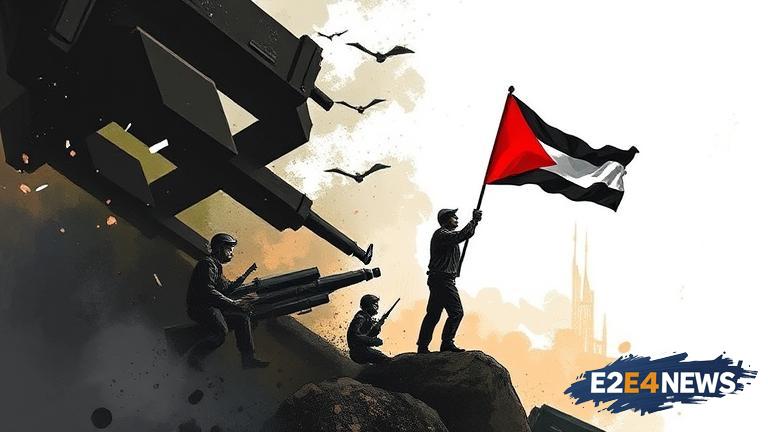The International Court of Justice (ICJ) has postponed its highly anticipated verdict on the Gaza genocide case, sparking widespread speculation and concern among human rights groups and international observers. The case, which has been ongoing for several years, centers on allegations of war crimes and genocide committed by Israeli forces against Palestinian civilians in the Gaza Strip. The ICJ’s decision to delay the verdict has been met with disappointment and frustration from many, who argue that justice has already been delayed for too long. The court’s judges have cited the need for further deliberation and review of evidence as the reason for the delay, but many are skeptical about the true motives behind the decision. The Gaza genocide case has been a highly contentious and politicized issue, with both Israel and Palestine presenting strongly worded arguments and evidence to support their claims. The ICJ’s verdict is seen as a crucial step towards accountability and justice for the victims of the conflict, and the delay has raised concerns about the court’s ability to deliver a fair and impartial verdict. The case has also highlighted the complexities and challenges of international law, particularly in cases involving allegations of genocide and war crimes. The ICJ’s decision to delay the verdict has been condemned by many human rights groups, who argue that it will only serve to further embolden perpetrators of war crimes and undermine the rule of law. The United Nations has also weighed in on the issue, calling for the ICJ to deliver a verdict as soon as possible and emphasizing the need for accountability and justice in the Gaza conflict. The delay has also sparked a heated debate about the role of international law in preventing and punishing genocide and war crimes, with some arguing that the ICJ’s decision is a setback for efforts to hold perpetrators accountable. Despite the delay, many remain hopeful that the ICJ will ultimately deliver a verdict that reflects the gravity of the crimes committed in Gaza and provides justice and accountability for the victims. The case has also highlighted the need for greater transparency and accountability in international justice, particularly in cases involving allegations of genocide and war crimes. The ICJ’s decision to delay the verdict has raised questions about the court’s independence and impartiality, with some arguing that it is susceptible to political pressure and influence. The Gaza genocide case has also sparked a wider debate about the Israeli-Palestinian conflict and the need for a lasting and just peace in the region. The delay has been condemned by many Palestinian leaders, who argue that it will only serve to further entrench the occupation and undermine efforts to achieve a two-state solution. The ICJ’s verdict is seen as a crucial step towards achieving justice and accountability for the victims of the conflict, and the delay has raised concerns about the court’s ability to deliver a fair and impartial verdict. The case has also highlighted the need for greater international cooperation and coordination in preventing and punishing genocide and war crimes, particularly in cases involving state actors. The delay has sparked a heated debate about the role of the international community in preventing and punishing genocide and war crimes, with some arguing that it has a responsibility to act in cases where states are unable or unwilling to hold perpetrators accountable. The ICJ’s decision to delay the verdict has raised questions about the effectiveness of international law in preventing and punishing genocide and war crimes, particularly in cases involving state actors. The Gaza genocide case has also highlighted the need for greater awareness and education about the importance of international law and the need to hold perpetrators of genocide and war crimes accountable. The delay has been condemned by many international leaders, who argue that it will only serve to further undermine the rule of law and embolden perpetrators of war crimes. The ICJ’s verdict is seen as a crucial step towards achieving justice and accountability for the victims of the conflict, and the delay has raised concerns about the court’s ability to deliver a fair and impartial verdict. The case has also highlighted the complexities and challenges of international justice, particularly in cases involving allegations of genocide and war crimes. The ICJ’s decision to delay the verdict has sparked a heated debate about the role of international law in preventing and punishing genocide and war crimes, with some arguing that it is a crucial step towards achieving justice and accountability for the victims of the conflict.





